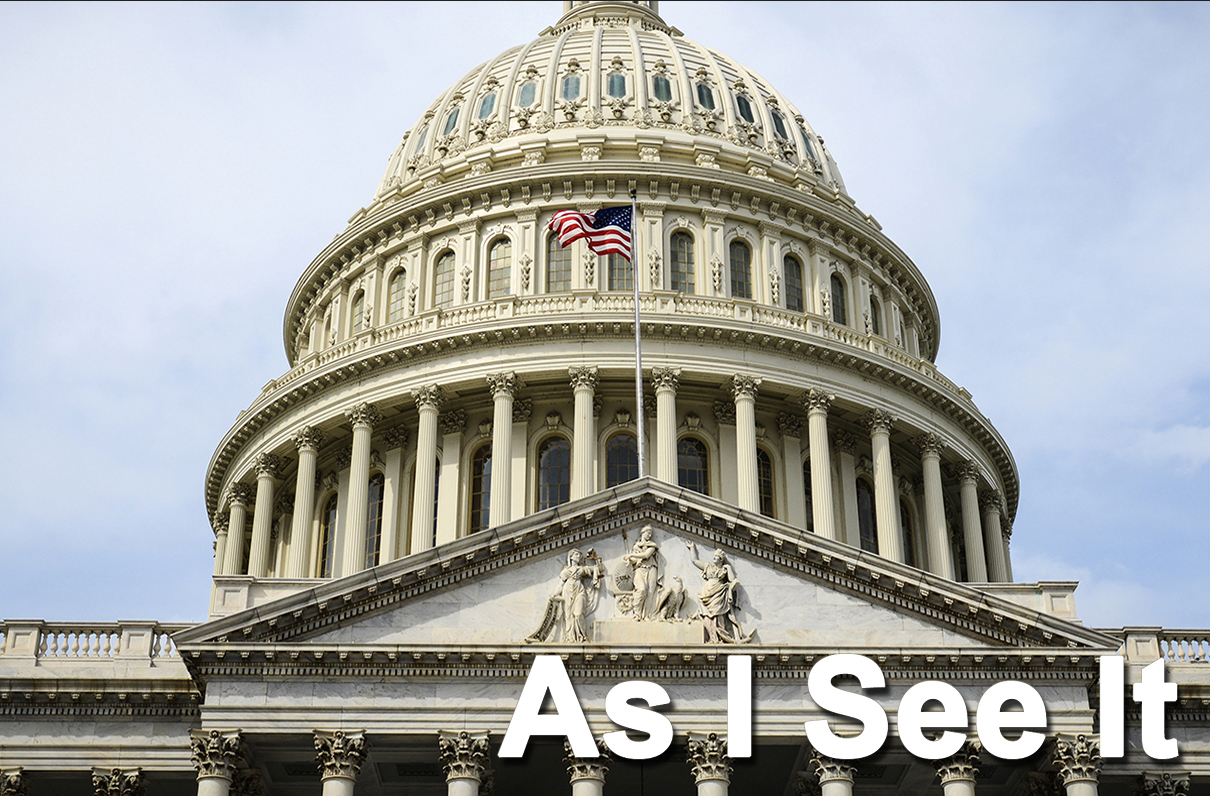There is, in fact, a link between the two, and it involves abuse.
But it’s abuse of the widows, not the drugs.
We’ve talked before about the military “widows tax” — the unfair situation in which military survivors whose sponsors died from a service-related cause are made to forfeit up to $1,000 a month or more because current law requires deduction of VA Dependency and Indemnity Compensation (DIC) from the Survivor Benefit Plan (SBP) coverage purchased by most military members retiring from a service career.
Congress acknowledged the unfairness of the situation in 2007 and authorized a partial rebate called the Special Survivor Indemnity Allowance (SSIA), which started out at only $50 a month but has been increased to $270 a month for this year and will rise to $310 a month as of Oct. 1. The intent expressed by the House Armed Services Committee at the time was to continue raising the SSIA until the widows tax was erased.
But funding was a problem back then, as it is now. To keep the cost down, the SSIA law was set to expire Oct. 1, 2018 — in the full expectation future Congresses would find additional funds to keep increasing it.
As expected, both the House and Senate have acted in the FY 2017 defense bill to prevent the SSIA from expiring. But they didn’t increase the $310 monthly amount.
The House approved a one-year extension at the same level, buying another year to come up with a funding offset and funding the extra year in a way that doesn’t force any benefit tradeoffs.
The Senate change would make the SSIA permanent at the $310 monthly amount, and they funded the permanent extension by proposing to roughly double TRICARE pharmacy copayments over the next nine years, including raising the copayment for mail-order generic medications from the current zero to $11 per prescription, starting in 2020.
At present, those are the two choices.
While we’re grateful neither chamber let the SSIA expire, we’re not thrilled with either choice.
We recognize it’s difficult for the Armed Services committees to fund SSIA increases because of congressional rules that require them to find offsets by making other cuts in personnel benefit programs.
So MOAA and The Military Coalition are asking the top Republican and Democratic leaders of the House and Senate to help identify offsets outside the Armed Services committees’ purview so the SSIA can continue to be increased in coming years.
The goal is to continue reducing the widows tax, not just continue it at the current level.
Making the SSIA permanent at $310 a month actually would remove any strong incentive for Congress to take further action to ease the SBP/DIC offset. After all, the only reason Congress acted this year was because they didn’t want to take the heat for letting the SSIA expire and having military survivors lose another $3,700 a year.
And permanently extending the $310 allowance would come at the price of making the entire military community pay for it through higher pharmacy copayments.
MOAA believes strongly it’s the government’s responsibility — not military beneficiaries’ — to fund the needed compensation for survivors whose sponsors died from military service.
Our mothers told us, “Two wrongs don’t make a right.” Many of those mothers are among today’s SBP/DIC widows.
Making all military beneficiaries pay higher pharmacy copayments to freeze the widows tax at the current level doesn’t make anything right. It adds a second wrong to the existing one.
Given the choice between the two options currently on the table, MOAA prefers the one-year extension rather than a permanent SSIA freeze plus high pharmacy copayments.
Our message to House and Senate leaders is this: “Please help the Armed Services committees with added funding to raise the SSIA amount (not just freeze it), without shifting the cost to military beneficiaries.”
